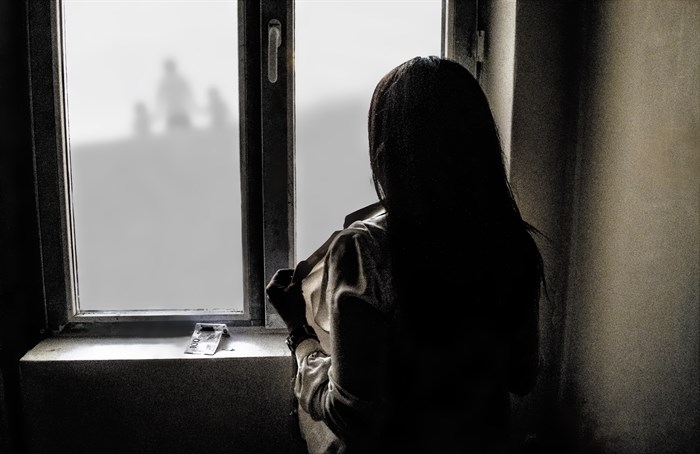
Image Credit: ADOBE STOCK
January 30, 2020 - 5:30 PM
The face of the homeless in Kelowna over the past few months has most often been that of the dozens of men in shelters or those sleeping in tents on Leon Avenue.
“When we see a large homeless population, visually, we’re seeing more men,” Kathleen MacKinnon, executive director of HOPE Outreach, told iNFOnews.ca. “Sometimes it’s not safe for them (women) in specific places of shelter or refuge because ... they’re experiencing certain types of more violent behaviour.”
HOPE (Helping Out People Exploited) has been around for more than a decade and focuses much of its attention on sex trade workers in downtown Kelowna and Vernon. But it’s also there for any vulnerable woman, or people who self-identify as women.
“We service, with our outreach, women who are in homelessness, addiction and/or sex work,” MacKinnon said. “It could be all three of them.”
What HOPE is not doing is offering housing for this very vulnerable population.
While there are women’s shelters, for the most part women have to have a certain level of sobriety to qualify and there may be other restrictions. The barriers were lower at the House of HOPE when it opened in 2010. But, for financial reasons, it closed in 2015 then reopened briefly in 2017/2018.
A big part of MacKinnon’s job is to get a new House of HOPE open in 2021 and make sure it’s going to be there for the long term.
“We do have some funders who are incredibly generous that are ready to provide us with the house” she said. “We’re looking at a few grants for programming and also staffing costs. My main priority in getting the funding is to make sure that we are sustainable enough that we can provide staffing supports through the amount of folks that we are hiring and the benefits that we’re able to give them so that they’re not burning out.”
Now that shelter spaces have increased for the winter, there are fewer people who do not have indoor places to sleep but those who are still outside are often the most vulnerable people with the greatest needs.
“There’s a certain population of folks who say: ‘Why do we have this homeless issue? Why are some people choosing not to go into the shelters?’” MacKinnon said. “A lot of people are not seeing that there are a lot of folks that are struggling - whether they’re in psychosis or moving through psychosis, or whether they are a danger to themselves or other people. Those are some of the most marginalized folks?"
As women they may choose not to go into shelters because the risk of assault is too great. If they try to get money, for example, by begging on the street, they’re also at risk of verbal or physical assault much more than men. So, some turn to the sex trade.
“There are many reasons why women get into sex work,” MacKinnon said. “It’s not only a story of a pimp with all of the ladies, although it very well could be. Some women are looking to pay rent. Sometimes it’s sex trafficking. Sometimes it’s going to be because they’re on the streets and if they’re also moving through addiction, that’s going to be a form of income.”
While trying to raise money for a House of HOPE, the organization continues its nightly outreach program.
“Our main priority is to get them (sex trade workers) what they need and ensuring they know they’re incredibly supported,” MacKinnon said. “We’re making sure they feel safe and they have access to health services and they know what services are available as far as the Women’s Shelter and as far as what we can offer them and contraceptives, toiletries any kind of hygiene products, just checking in with them and support them if they’ve had any assault cases.
“We’re making sure we’re keeping track of them as much as possible so that we know they’re not going missing. Sometimes they’re in incarceration, or if they do go missing, then we’re able to have a pulse on that and, hopefully, work with who we need to help them get found.”
Workers, including men, go out at night twice a week to provide things like Narcan or Naloxone kits to drug users of any gender.
They keep a bad date list and circulate it to other Interior cities.
There are about 30 women regularly on the streets in downtown Kelowna – which is where HOPE focuses its efforts. Some of those have been around for years but some are new and often quite young.
For more on HOPE Outreach, visit the website here.
To contact a reporter for this story, email Rob Munro or call 250-808-0143 or email the editor. You can also submit photos, videos or news tips to the newsroom and be entered to win a monthly prize draw.
We welcome your comments and opinions on our stories but play nice. We won't censor or delete comments unless they contain off-topic statements or links, unnecessary vulgarity, false facts, spam or obviously fake profiles. If you have any concerns about what you see in comments, email the editor in the link above.
News from © iNFOnews, 2020